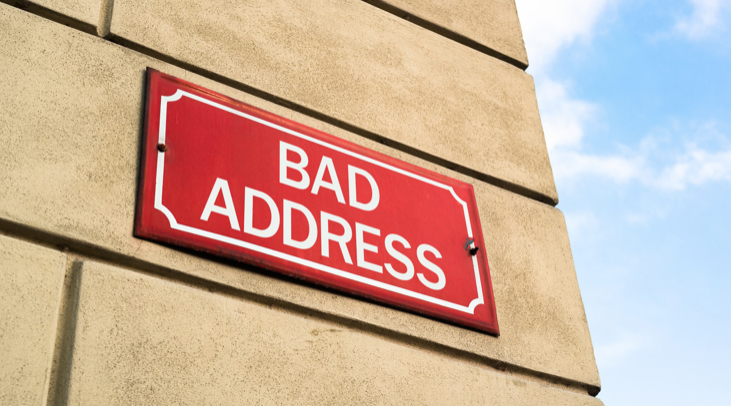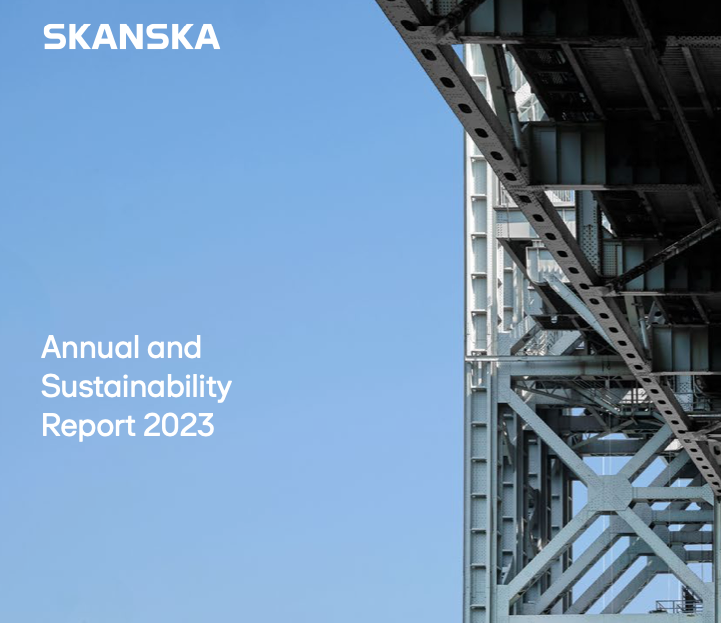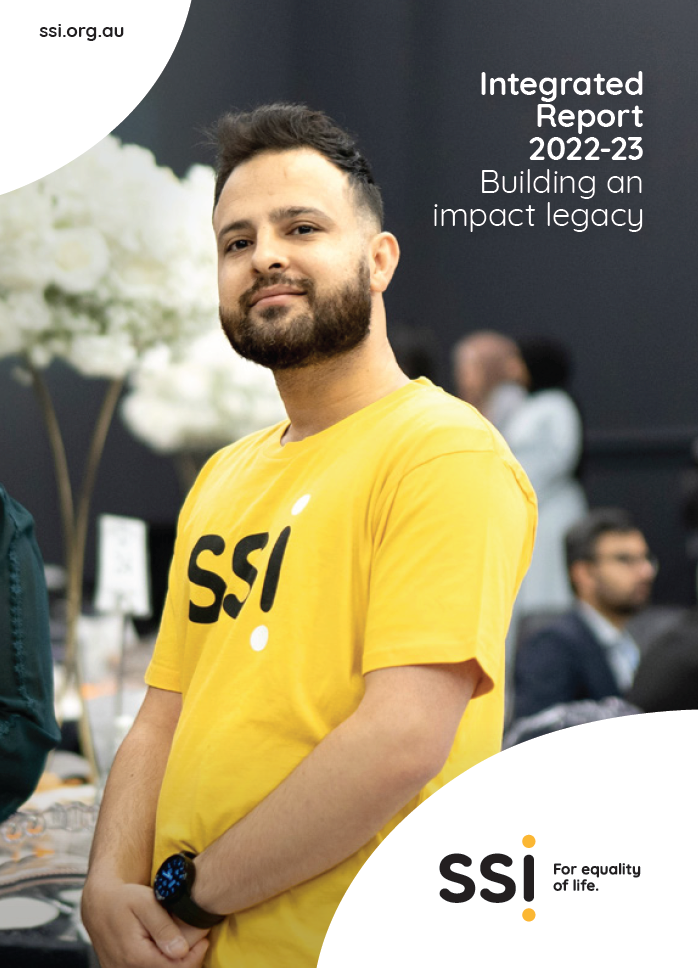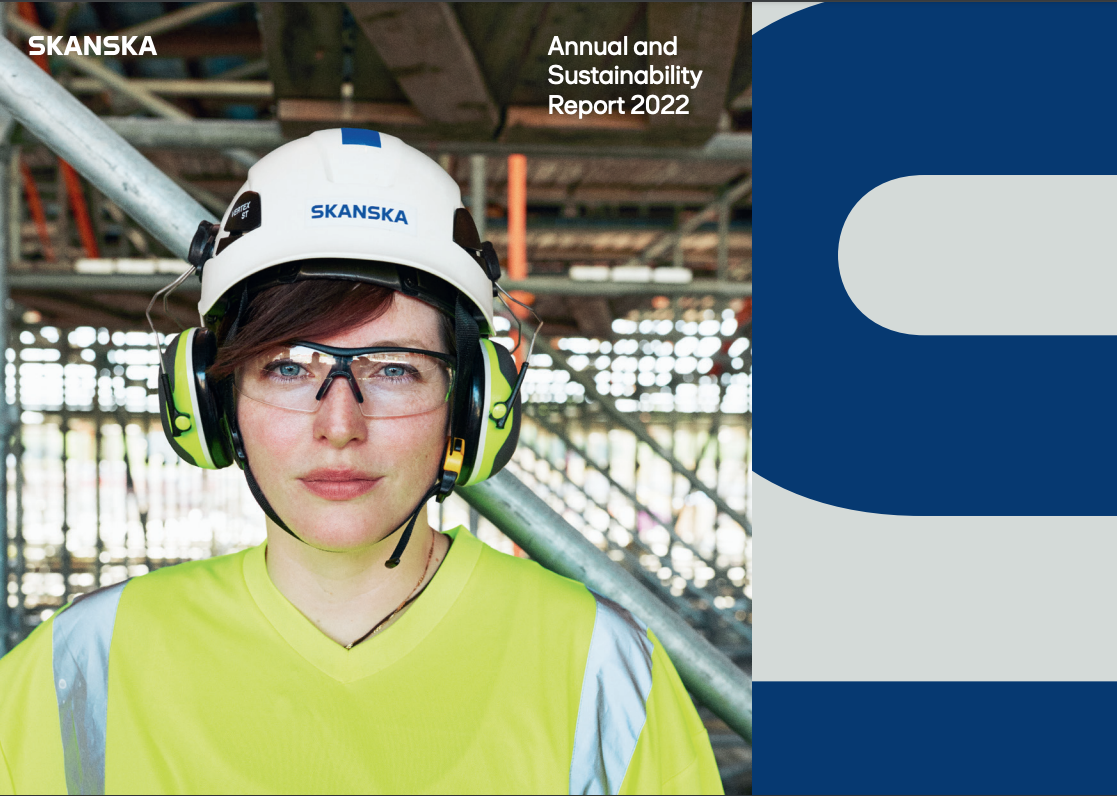Project Description

The five most common mistakes in property development in Australia
CLIENT: DG Institute
PUBLISHED: DG Institute website/Facebook
ORIGINAL ARTICLE: Five most common mistakes
CREATED: July 2018
AUTHOR: Fallon Dasey
Enrolment in residential property development courses is on the rise as people increasingly see development as a wealth creation option. DG Institute Founder and CEO, Dominique Grubisa outlines the five common mistakes to avoid in order to increase your chances of success in property development in Australia.
Residential property development is a great tool on your wealth creation journey. In basic terms, the process involves acquiring a site or sites, adding value by constructing additional new dwellings, and selling the dwellings for a profit.
There are many, many success stories of people who have made good money through timely, market-oriented developments that were snapped up by buyers. But sadly, there are an equal number of stories of people who failed. Whose developments simply didn’t sell or did sell but for a price that didn’t convert to a profit.
What’s the difference between the successful and the unsuccessful property developments? The unsuccessful ones ignore these five basic rules. Learn from their mistakes to give your development the best possible chance of success.
These are the most common mistakes made by beginners in property development in Australia:
1) They pedal against the cycle
The property development industry is affected by many things, from the economy, to government policies, even the mood of the nation. Before you set out on this journey you need to understand the fundamentals of property economics including interest rates, unemployment rates, the house price index and the Australian dollar. This will give you the skills to spot the signs the real estate market is about to bottom out, or begin to soar. You don’t have to be a professional economist, but by listening for the signals you can pre-empt a change in the market.
2) They are too ambitious at the start
It’s OK to dream big, but when you’re starting out, don’t overextend yourself or your finances. Make a concerted decision about the aspect of property development you want to begin with, and focus on that area of the market. A basic principle of property development in Australia is to enhance the use of a piece of land to generate money and that can be anything from building new or additional buildings for rent or sale, or simply subdividing a site into smaller blocks.
3) They don’t do enough research
It’s not enough just to research the overall market. You also have to narrow down that research to find out as much as you can about the market you’re considering buying and selling into. Specifically look at the opportunities that are available and the ways you can increase your return on investment. A majority of this research will involve looking into the potential profits you can earn with a specific project and it’s a good idea to not just rely on financial reports and real estate consultants, but talk with other property developers who may have also invested in the area.
4) They don’t think enough about location
It may be a cliché but it’s a crucial and fundamental aspect of any property development. Pick the wrong location and you’ll find yourself with a development that’s costing more than you planned because it won’t sell or rent. It’s best to select an area in which to buy that is heading into an upward growth cycle or in the early stages of one. The area you select will also determine what you do with the development – either sell for a profit or add it to your assets to sell at a later date.
5) They don’t think enough about money
When you’ve found a site and decided exactly what you’re going to do in terms of development, you have to then figure out if the project is going to be financially beneficial and achievable. One way to do this is to undertake a property development financial feasibility analysis, considering all the costs of the development, including the purchase price of the site, as well as the gross realisation value (GRV) – or the selling price – of the end product to determine what your profit will be. There’s no point in undertaking a development and spending precious resources, including your time and money, if the profit is not going to be worthwhile.
So, learn the mistakes of others and develop smart. Good luck on your development journey.
To learn more secrets of property development in Australia, reserve your seats at the DG Institute’s Property Developer Workshop.
DOMINIQUE GRUBISA
Lawyer, Asset Protection Specialist and Property Educator
Dominique Grubisa is a practicing legal practitioner with over 22 years of legal and commercial experience. She is a property investor and developer, an entrepreneur with businesses in Australia and Southeast Asia, a speaker, educator, writer and published author. You may contact Dominique at [email protected]



